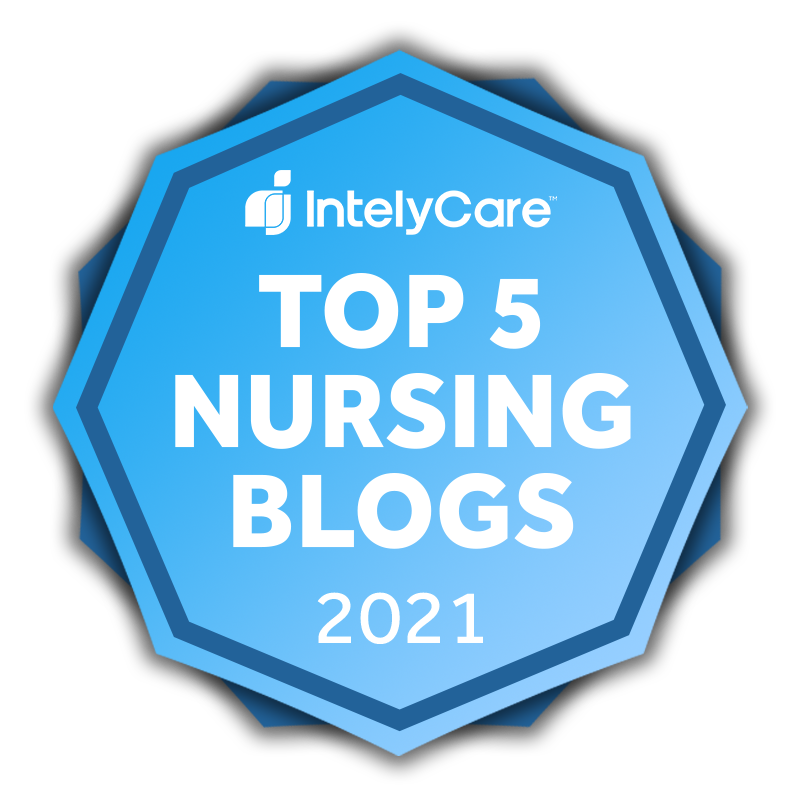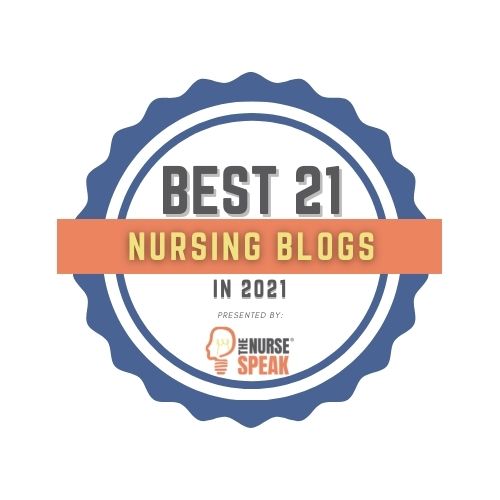 Nurses are known for spending countless hours a day meeting the needs of others. Unfortunately, in our attempts at improving the overall wellness of our patients and their families, nurses often fail to make their own needs a priority.
Nurses are known for spending countless hours a day meeting the needs of others. Unfortunately, in our attempts at improving the overall wellness of our patients and their families, nurses often fail to make their own needs a priority.
In each part of this four part series, we will focus on one way you can find the balance. In this part 2, we will discuss the importance of building healthy workplace relationships in order to make your job a lot less stressful. After all, nursing is a team effort.
Here are a few ways you can quickly build healthy workplace relationships to bring ease to your typical workday:
Be a positive role model
Professionalism, dependability, and a willingness to provide solutions within the workplace are just a few of the characteristics that help foster healthy workplace relationships. Remember, your actions speak louder than words. By consistently demonstrating these desirable attributes, you will set the tone for how others should work alongside you.
Establish a support system
Building a strong support system and peer accountability can drastically improve the work ethics and teamwork effort in any workplace. This is particularly true in healthcare where many different members of the healthcare team have a hand in delivering patient care. Nurses perform at their best when they have a support system that they can depend on, and people they trust to hold them accountable.
Go beyond the call of duty
The smallest acts of kindness can go a long way. The occasional box of gourmet pastries, or small jars of homemade jellies, are always welcome in a workplace that is often overwhelmed with time sensitive tasks and life or death situations. By doing nice things for your colleagues on occasion, you are showing them that you are invested in them beyond the job and that you care about bringing them a little bit of joy, even if just for a minute.
By incorporating these strategies into your daily workplace practice, you will be sure to enjoy healthy workplace relationships, harmony, and lowered stress levels that follow.
Best Wishes,
-Damion
This article was originally published on Calling All Nurses.












